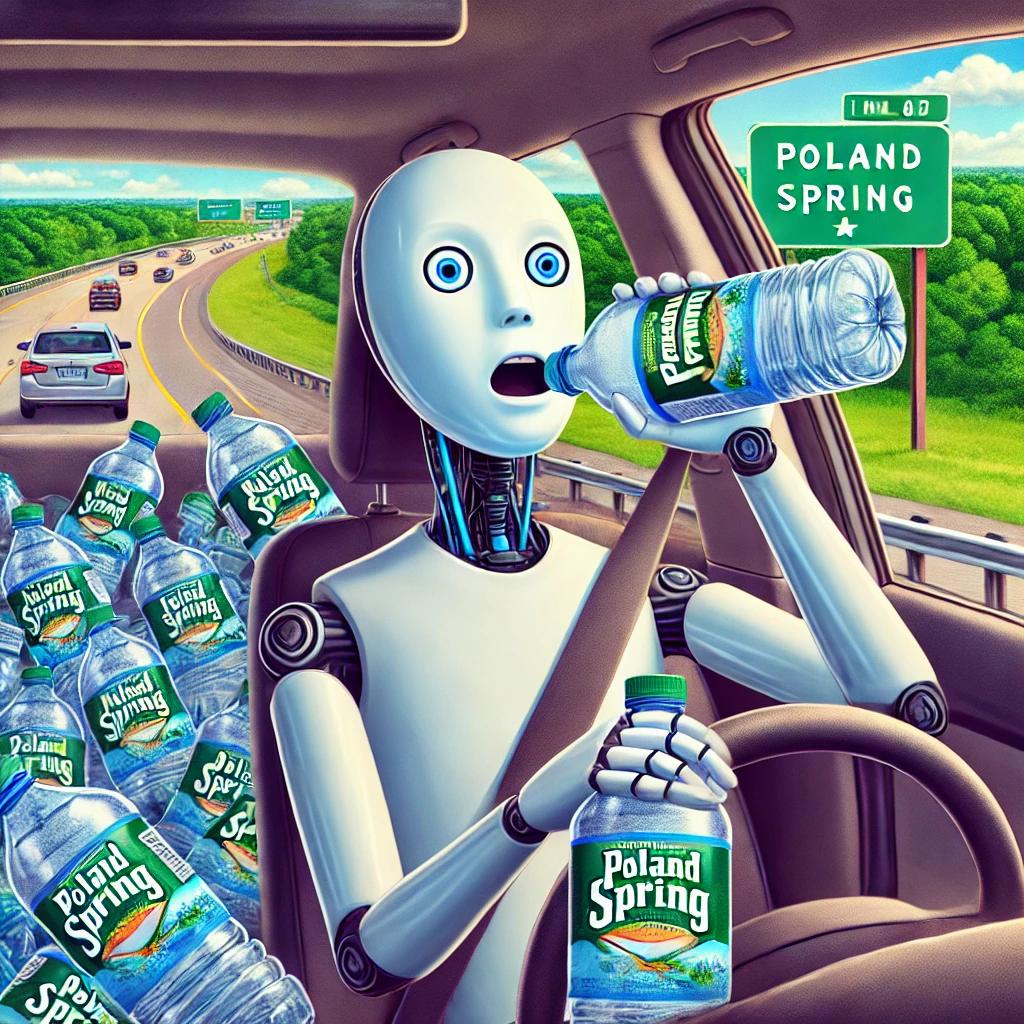The environmental impact of artificial intelligence is becoming an urgent concern, particularly in the way AI models like GPT-4 consume resources. Recent studies reveal that generating just 100 words with GPT-4 can use the equivalent of three bottles of water. This figure brings into sharp focus the considerable demands placed on water and electricity, especially for data centers that support AI infrastructure. These centers require cooling systems to keep servers running efficiently, and water plays a central role in maintaining that balance.
In regions already facing water shortages, this demand poses a significant problem. For example, data centers in Oregon and Iowa have been found to use a substantial portion of local water supplies, intensifying debates around resource allocation and sustainability. Tech companies, though aware of these challenges, are still in the early phases of developing less water-dependent technologies. Liquid immersion cooling and air-cooling systems are potential alternatives, but they have not been widely implemented.
Beyond water, AI operations also consume large amounts of electricity. The energy required to train and run advanced models like GPT-4 and Meta’s LLaMA-3 compounds the environmental cost, further complicating efforts to scale AI sustainably. Optimizing these models for efficiency could help reduce their energy and water footprints, but progress has been slow.
One path forward involves building data centers in areas with abundant renewable energy or more sustainable water sources. Facilities in Nordic countries, for instance, have benefited from natural cooling and hydroelectric power, reducing their environmental strain. However, broader adoption of these solutions is necessary to make a meaningful impact on AI’s sustainability.
Read Also: Digital Tokens to Replace OTPs in Singapore Banking Sector
The AI industry is facing increasing pressure to be more transparent about its resource consumption and environmental impact. As AI becomes more integrated into industries worldwide, the need for sustainable solutions will only intensify. AI developers and tech companies must prioritize resource-efficient practices to ensure that technological progress aligns with environmental responsibility.

Nabeil Sarhan, MBA, is a dynamic technology delivery manager with over 15 years of experience in tech, cybersecurity, and computing scalability. He excels in leading diverse teams and delivering enterprise-class systems across industries such as healthcare, finance, and retail. Nabeil’s passion for solution design, systems architecture, and performance optimization makes him a sought-after consultant. He holds degrees from Harvard, MIT, and Bryant University. Connect with Nabeil on LinkedIn or Twitter
